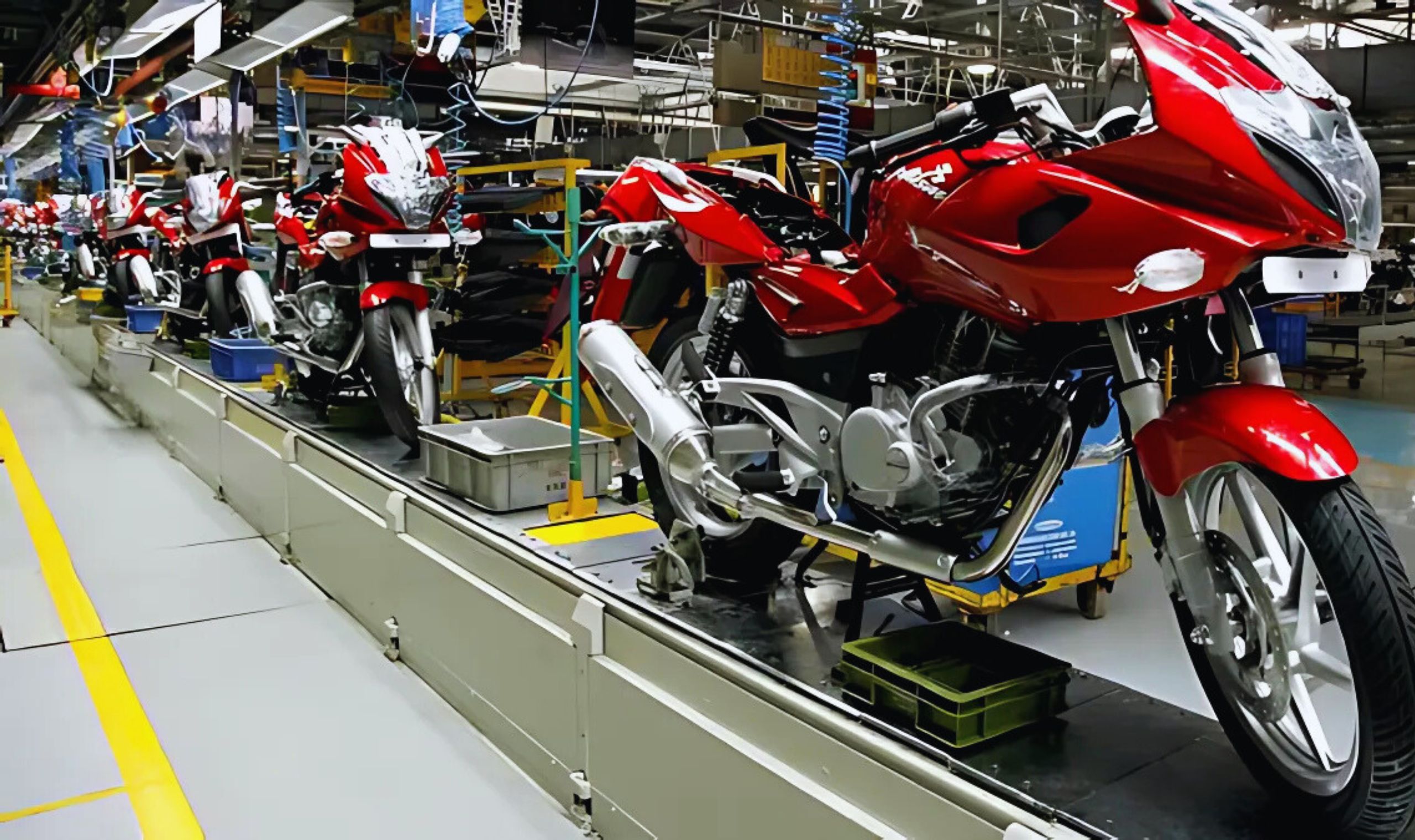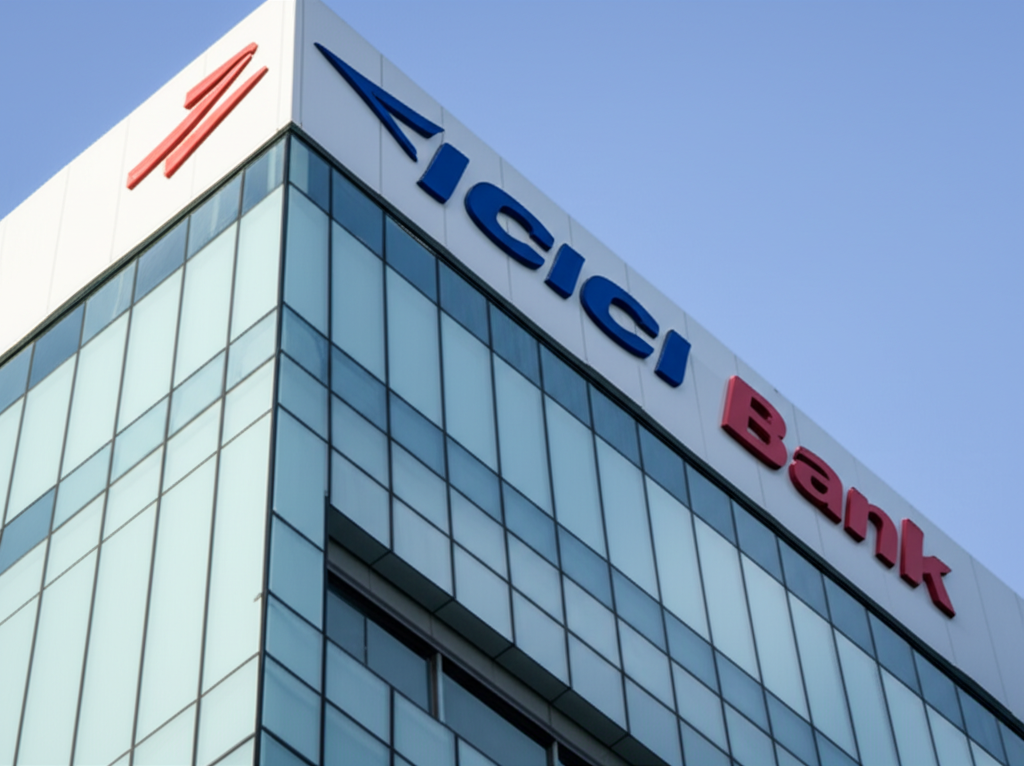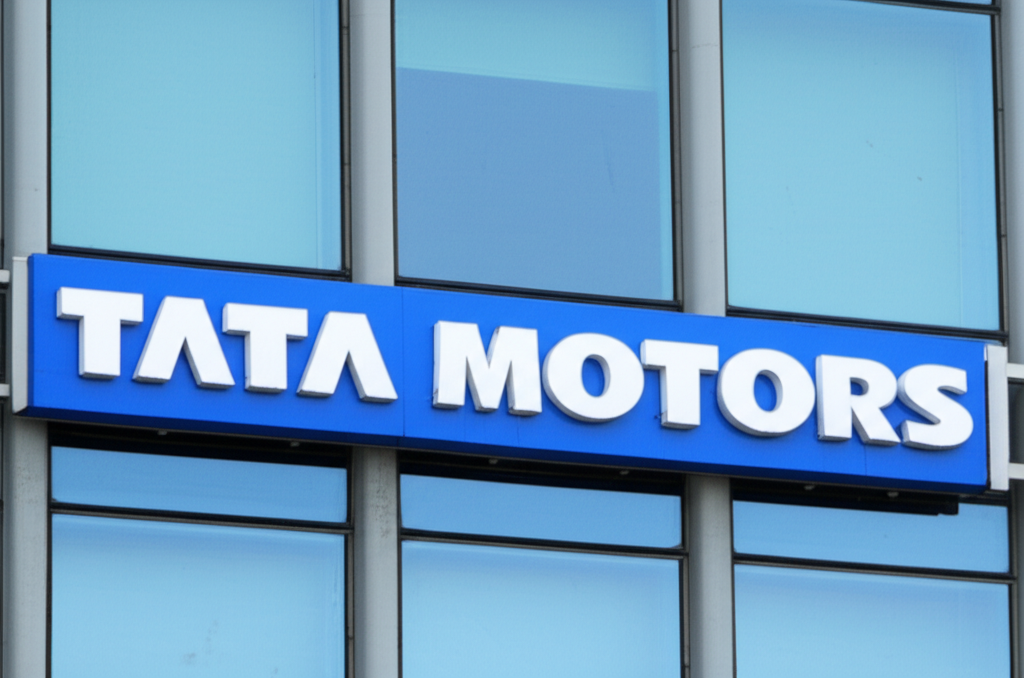Bajaj Auto, the biggest two-wheeler player in India, has gripped investors’ imagination with a strong set of third-quarter (Q3 FY25) performance. The company, which has held sway in the two-wheeler space, surprised the market by clocking a marginal beat in earnings and it has seen growth on the bottom line, primarily because of the growth of the electric vehicle business. Bajaj Auto stocks rose 5% during early trade on January 29, 2025. This is after the company reported its electric vehicle business, which is gaining rapidly, has become profitable for the first time and has generated significant revenue. Analysts remain sceptical of the stock’s upside due to worries over losing market share and being overvalued. We are going to analyze Bajaj Auto’s Q3 performance and the growth in its EV business while talking about the factors that could be influencing the trajectory of the stock in the months ahead.
Bajaj Auto Q3 Performance: Key Highlights
Bajaj Auto Q3 FY25 revealed its market watchfulness and was able to seize early trends in the electric vehicle space. Consolidated net profit grew by 8% year-on-year basis at ₹2,196 crore. This surpassed analyst estimates of ₹2,155 crore. Revenue from operations also grew by 8% with ₹13,169 crore compared to the same period last year, thus above ₹13,016 crore estimates.
Growth was supported by both pure ice segments and emerging EV segments. What’s more, is that Bajaj Auto’s EV business recorded significant advances in Q3. The revenue earned through EVs grew to 45% from 30% in the same period the previous year. In this manner, the company is making a strong pivot toward sustainable transport solutions.
Turning into a Profitable Business Under Electric Vehicle Business
Turnaround is definitely one of the outstanding achievements of Bajaj Auto in Q3. Years of investment and development did pay off for Bajaj Auto’s electric vehicle business as it both grew in volume and also achieved profitability. The company during Q3 sold around 100,000 units of its electric vehicles, indicating good traction for its electric two-wheelers and three-wheelers.
The company has registered massive market share increases in electric two-wheelers as well as three-wheelers. Bajaj Auto has gained a twofold share in electric two-wheelers, while the electric three-wheeler market has almost trebled its share as against last year. That’s tremendous growth for an emerging leader and suggests the business stands in a great position to grab ever-growing volumes for EVs as the country starts becoming electric-friendly.
A major positive turnaround in the EV segment is a big reason for the recent performance of the stock. Entry into the electric three-wheeler market by Bajaj Auto is also likely to propel further growth. The company is going to enter the e-rickshaw segment by the end of Q4 FY25 with an addressable market of 45,000 units per month. According to Nuvama Institutional Equities, Bajaj Auto’s domestic three-wheeler business is expected to grow at a compound annual growth rate of 4% over the next few years, driven by replacement demand and improved business activity. Exports of three-wheelers are also expected to grow at a 13% CAGR, buoyed by strong demand from Latin America and ASEAN countries.
Challenges and Concerns: Market Share Loss in Entry-Level Segment
Although the EV business of Bajaj Auto is chugging along robustly, there has been a decline in the entry-level motorcycle segment, where competition is steep. The company has been losing market share, according to reports, which is concerning for investors. Citi Research flagged this issue, stating how the market share of the entry-level motorcycle category for Bajaj Auto has dipped by 100 basis points in FY25 even with new model launches.
Historically, this entry-level market has been an important source of sales for Bajaj Auto, but domestic as well as foreign players are becoming more aggressive in gaining a share here. Price competition in the form of new models coming from the hands of rivals has further pressed its market share, and although it brought several new products to the markets, it couldn’t quite match the lost ground in this important business segment.
The concerns of Citi arise from the fact that the entry-level motorcycle category has hitherto been a high-volume, high-margin segment for Bajaj Auto. An impending decline in market share would affect the profitability and prospects for short-term growth of the company. Consequently, Citi maintained a “sell” rating on the stock with a price target of ₹7,900 on the grounds of concerns over lofty valuations on the stock and the challenges it faces in the entry-level motorcycle space.
Strong Outlook Despite Short-Term Concerns
Despite the concerns about Bajaj Auto’s short-term performance in the entry-level motorcycle segment, analysts are still optimistic about the company’s long-term growth prospects. The company’s strong presence in the EV space, its leadership in the three-wheeler market, and strong export growth are some of the factors driving the positive sentiment.
Management at Bajaj Auto has presented an optimistic volume outlook for the next three to six months with expected domestic growth of 6-8% and exports exceeding 20%. Thus, all the efforts to expand electric mobility footprints with e-rickshaw entry are expected to boost the company’s growth in the coming years. Furthermore, Bajaj Auto’s vertically integrated business model, which includes manufacturing key components like lithium-ion batteries, positions it well to benefit from the growing demand for electric vehicles.
Valuations and Brokerage Outlook
Despite strong performances, Bajaj Auto has not been spared some headwinds in terms of high valuations. Analysts have pointed out that the current price of the stock may already include much of the company’s future growth, thereby limiting upside potential. On January 29, 2025, the stock was at ₹8,745.15, having rallied by 5% since the Q3 earnings. However, mixed views from brokerages prevail for the stock.
While Nuvama Institutional Equities has a “buy” rating on the stock with a target price of ₹10,700, citing Bajaj Auto’s strong market share in the EV space, Citi remains cautious and has a “sell” rating with a target price of ₹7,900, based on concerns over market share loss in the entry-level motorcycle segment and high valuations.
Analysts still caution that the stock shall face serious resistance near around ₹1,000. Some analysts even predict sideways movement in the short term, if the stock breaks above this level. If pressure in traditional segments remains along with Bajaj Auto, the stock may find it difficult to defend its current price.
The Road Ahead for Bajaj Auto
Bajaj Auto has done a good job lately in the electric vehicle market and is well-placed to capitalize on the transition to electric mobility. However, there are challenges in its traditional segments. The decline in market share in the entry-level motorcycle category is a concern that could weigh on the company’s short-term performance.
Despite these challenges, efforts by the company to diversify its product portfolio, with large investments in the EV segment and plans to enter the e-rickshaw market, suggest that Bajaj Auto is strategically positioned for long-term growth. Solid performance in the electric vehicle market and leadership in the three-wheeler segment are expected to provide a solid foundation for future growth.
As India shifts toward a more sustainable future with electric mobility, the growing presence of Bajaj Auto in the EV market and its foray into new product categories such as e-rickshaws and electric three-wheelers will be crucial for the company to continue its leadership in the Indian two-wheeler and three-wheeler markets. Investors should watch how the company addresses its challenges in the entry-level segment while capitalizing on the growth potential in electric mobility.
Conclusion
Bajaj Auto has put up a very impressive Q3, with its EV business growing rapidly, which gives good hope for the future of the company. Challenges in its traditional motorcycle segments and concerns over the loss of market share have not helped investor sentiment. With high valuations and mixed brokerage views, the future performance of the stock will depend on how the company manages its short-term challenges while executing its long-term growth strategy in electric mobility. For now, Bajaj Auto remains an intriguing investment with a solid growth trajectory, but it will need to continue adapting to the competitive landscape to maintain its market leadership.















0 Comments